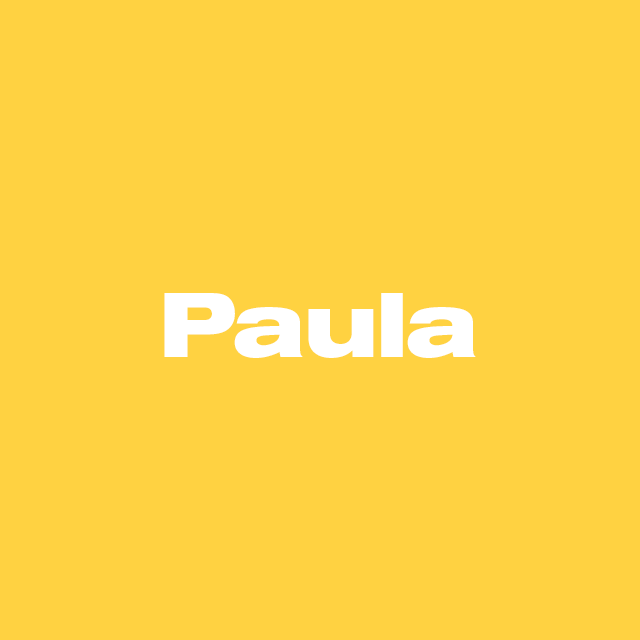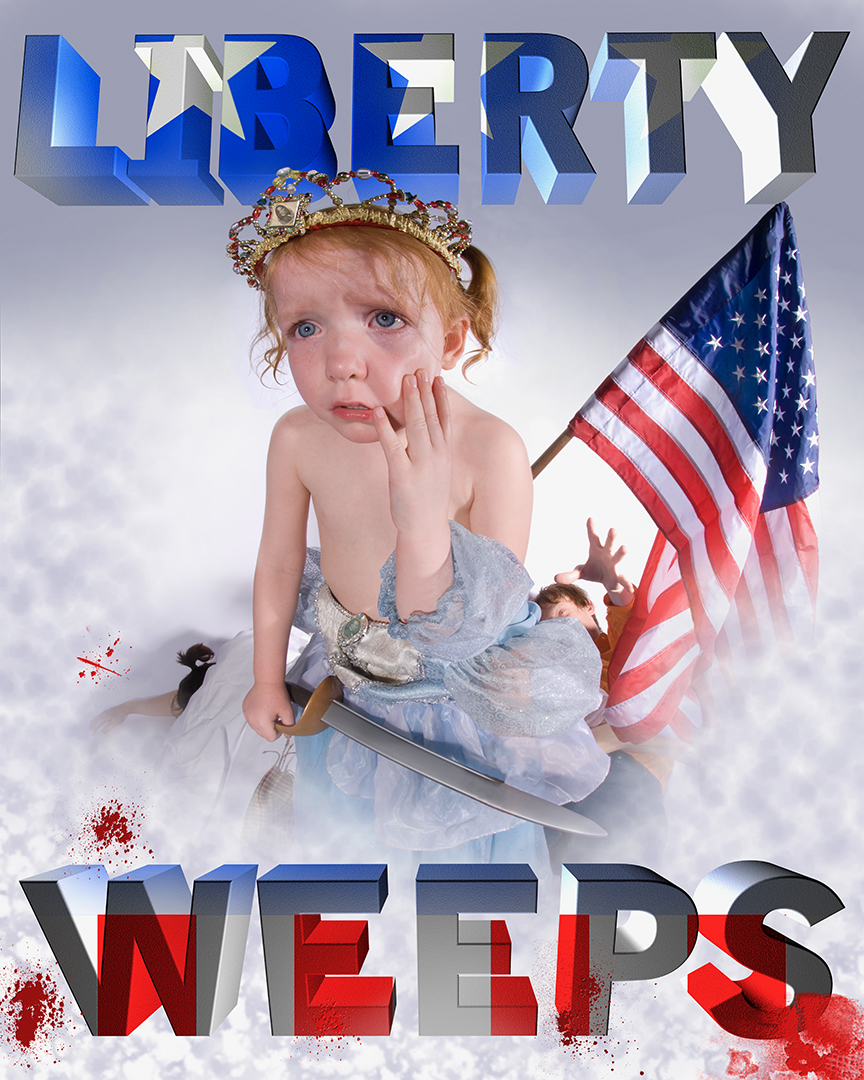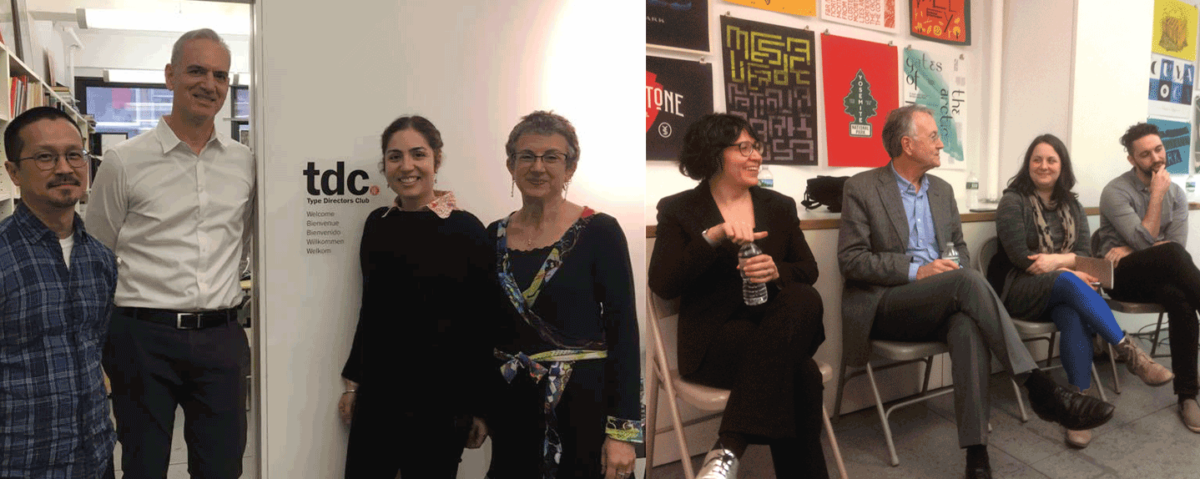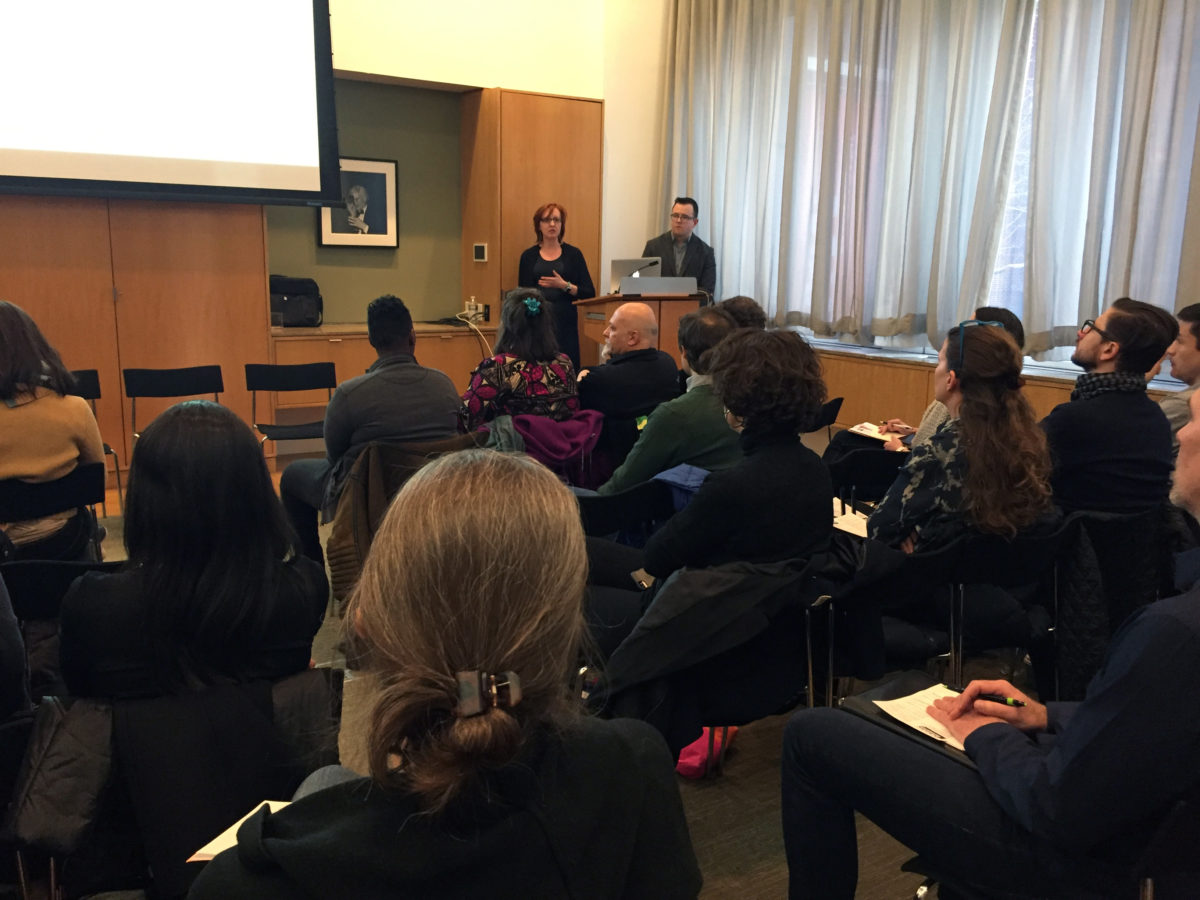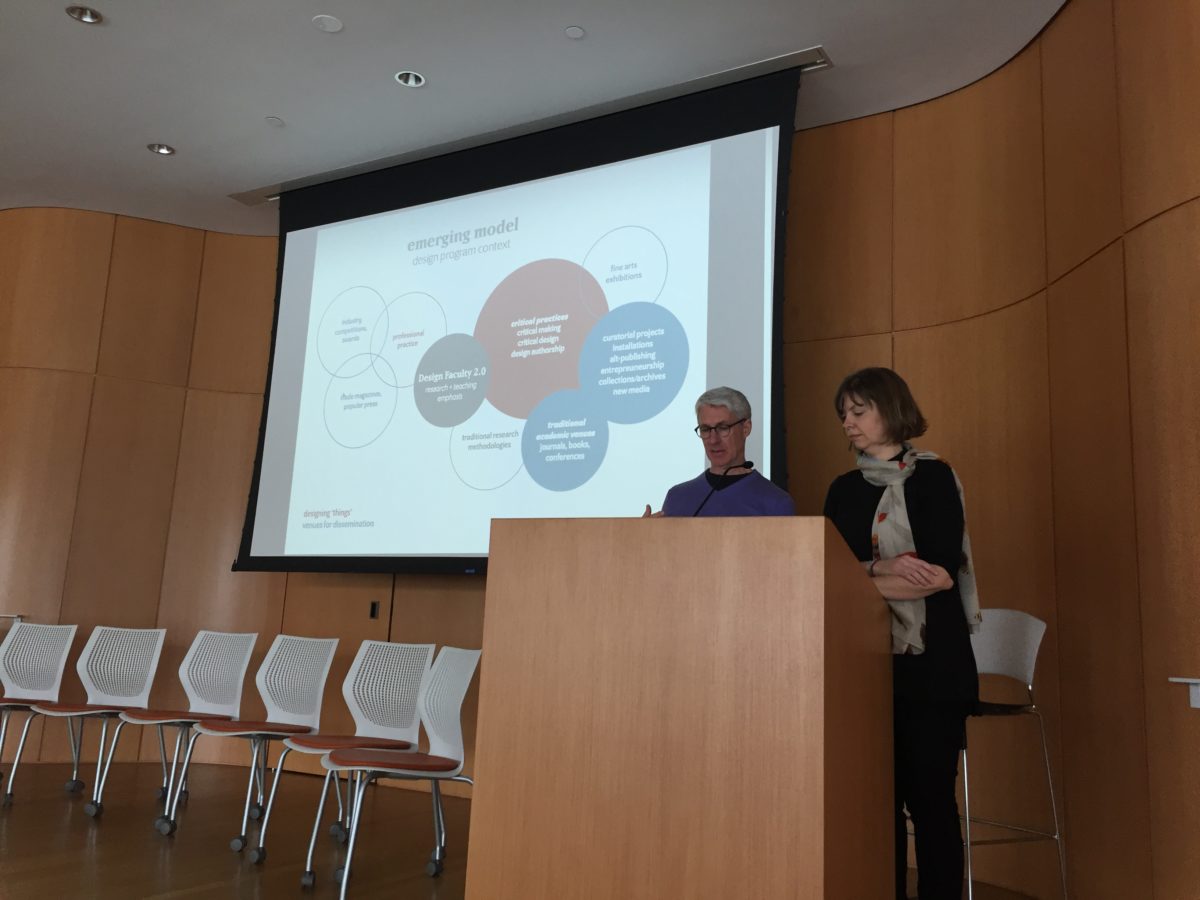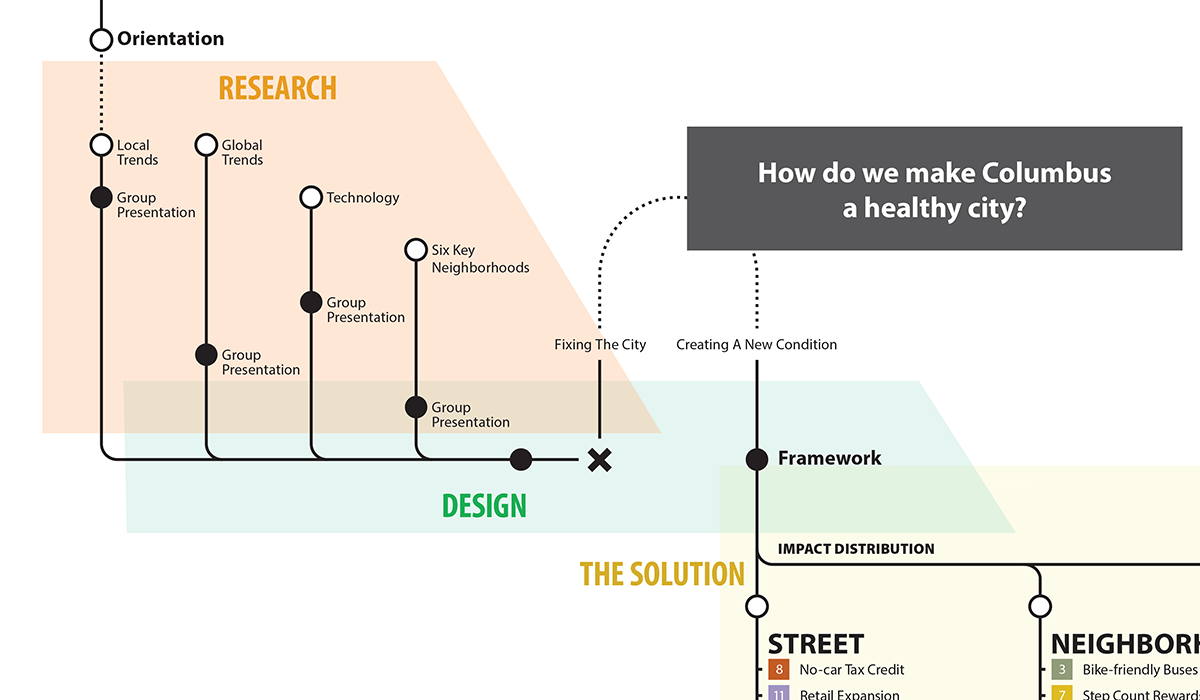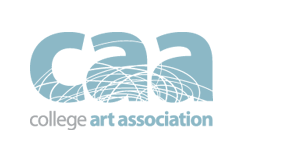Hemalatha Venkataraman
MFA Candidate
Design Research and Development
The Ohio State University
In recent years, there has been a significant shift in the way design is being approached. What once used to be a traditional form of addressing an ‘issue’ through creative problem-solving and designing artifacts has moved to a contemporary space where one seeks the ‘right questions’ and looks for opportunities. This transition in the role of design has led to increased interdisciplinary collaboration and an exchange of different perspectives. A well-designed and constructed design research approach and methodology can help to unearth important voices and narratives in particular areas. The emphasis of this research lies in the socio-cultural realm.
It is particularly important that tacit and latent narratives are elicited in areas of socio-cultural concern. This research explores the use of a tool that lies at the intersection of art, design and social innovation i.e., in social practice. Eliciting stories from people using participatory methods in a non-threatening manner can help us to understand the delicate fabric of any given situation that design can address.
As a diminishing social ritual and artifact, the postcard (exchange) is applied as a tool in Participatory Design Research (a type of design research where the people with whom one is designing, are brought into the design process as the experts) which is where ideas and opportunities are generated and collected. Through a series of well-designed and illustrated postcards entrenched in design ethnography methods, conversations have the space for slow response and introspection, and dialogue. This provides participants their space, brings out honest narratives and forms deeper bonds that are needed in social design research.
The research approaches the use of the postcard exchange from multiple fields of art, design, social anthropology and material culture studies to explore the different means to elicit stories from participants as a participatory design approach.
This research was presented at the Design Incubation Colloquium 3.3: Kent State University on Saturday, March 11, 2017.
Like this:
Like Loading...

